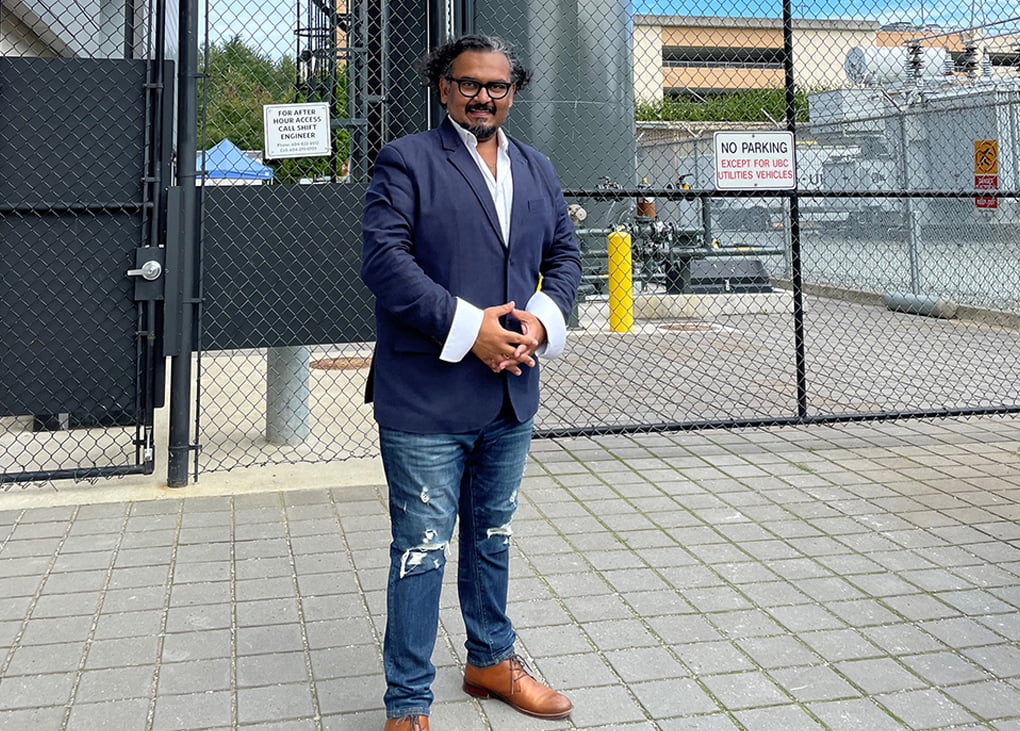Researchers at the University of British Columbia (UBC) are exploring new ways to reduce energy consumption while still keeping homes cool.
Dr Mohammad Al Hashmi from UBC Okanagan has been using data from Saudi Arabia to develop an operational framework that cools homes with minimal environmental impacts.
He believes rapid population growth has led to significant demand for residential buildings around the world, while there is a growing energy demand associated with increased greenhouse gas emissions.
Al Hashmi chose to use modelling from Saudi Arabia in his research, because residential building energy demand accounts for 52 per cent of the country’s electricity consumption.
“Buildings in hot and arid climatic conditions demand high energy for creating habitable indoor environments,” he says.
“Enormous amounts of energy are required to maintain a cool temperature in hot regions.”
The team at UBC Okanagan’s Lifecycle Management Lab have forecast energy consumption for the next 30 years, and explored six types of renewable energy power systems. These included wind, solar, photovoltaic array panels and some hybrid mixes. They calculated the energy savings based on more than 180 scenarios.
Energy is Saudi Arabia is currently supplied by fossil fuels, which is unsustainable in the long term as resources continue to dwindle.
Al Hashmi says embracing renewable energy could have a substantial impact on reducing greenhouse gas emissions related to cooling residential buildings, but he believes community-government partnerships are needed to build clean-energy approaches.
“It will take a holistic approach to reduce energy consumption for homes, including building retrofits, renewable energy solutions and government sustainability policies,” he says.
He also believes the research can be applied to other countries, and says the team’s analysis indicates that reducing carbon emissions is possible.
Feature image: Dr Mohammad Al Hashmi, courtesy of the University of British Columbia



Leave a Reply